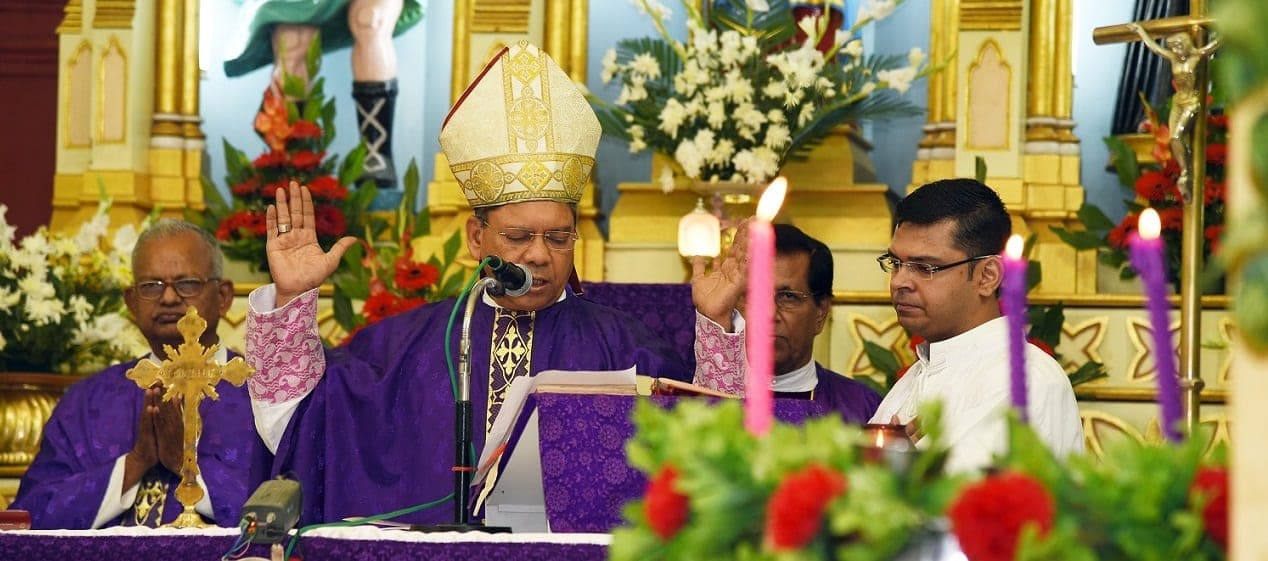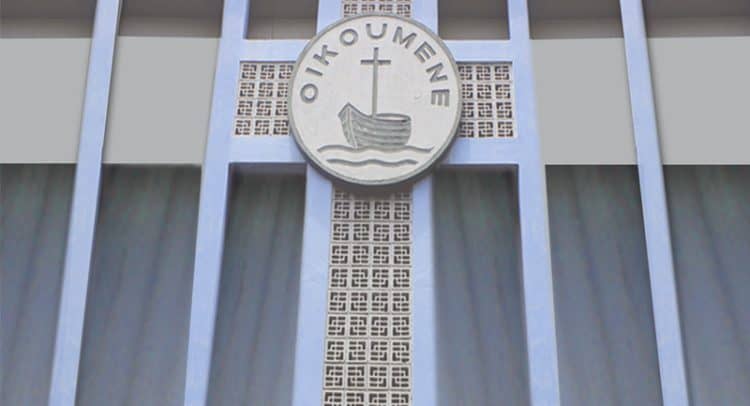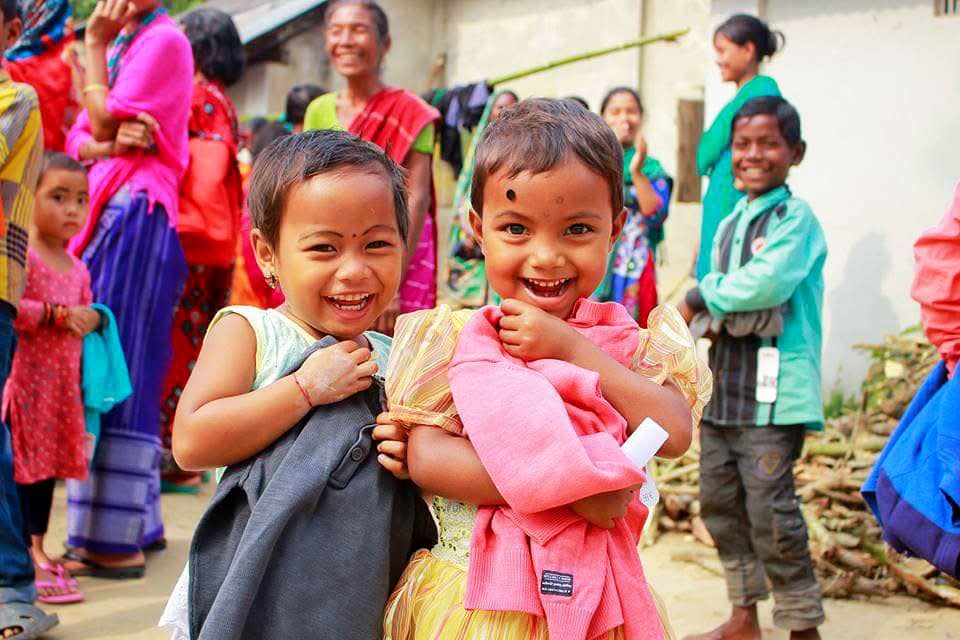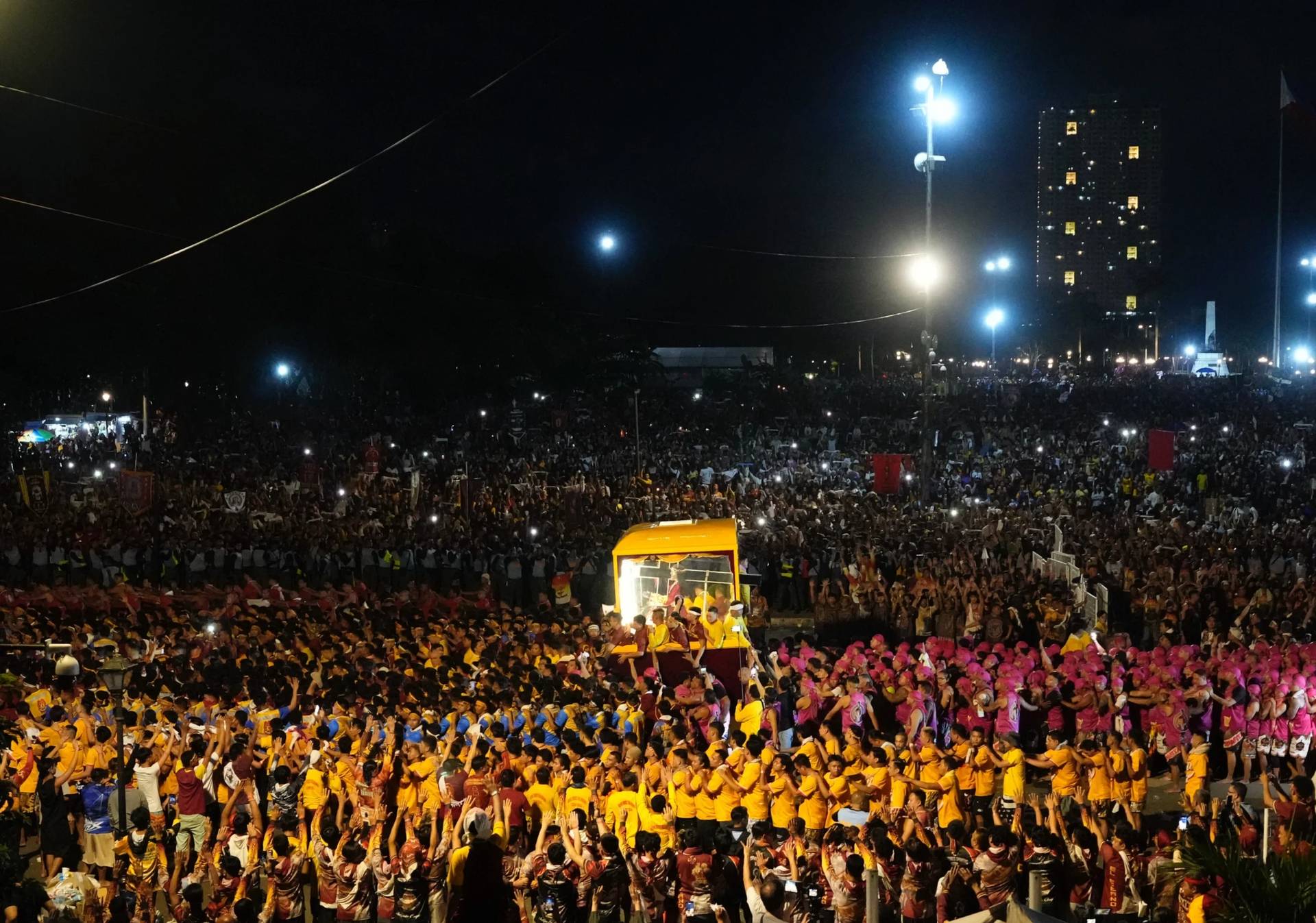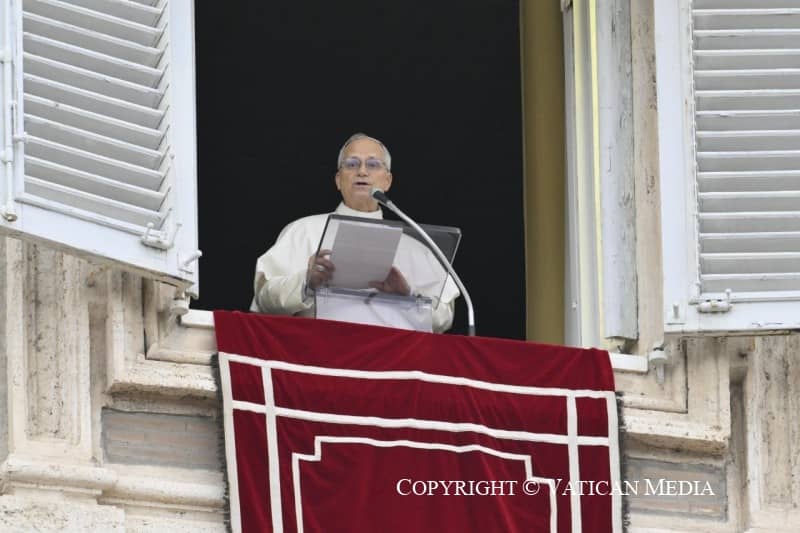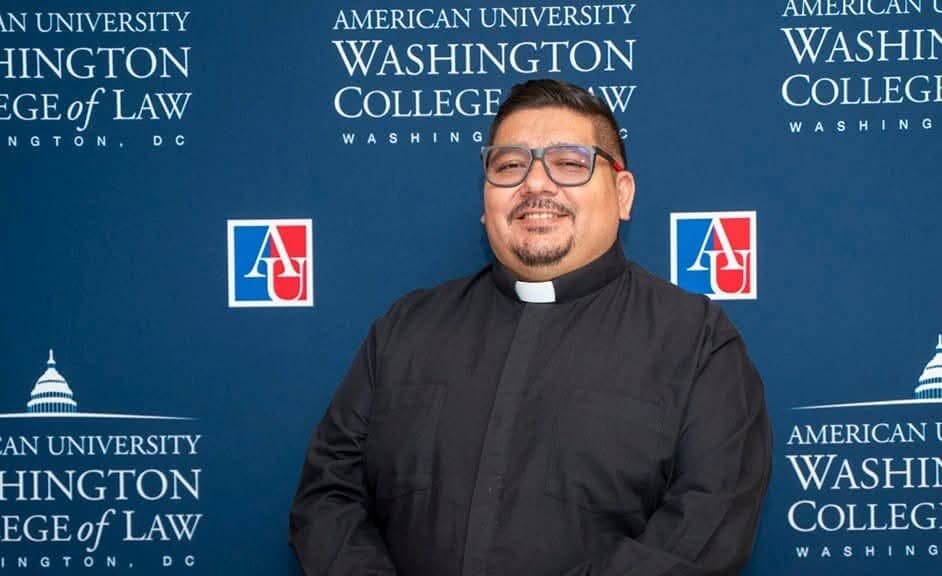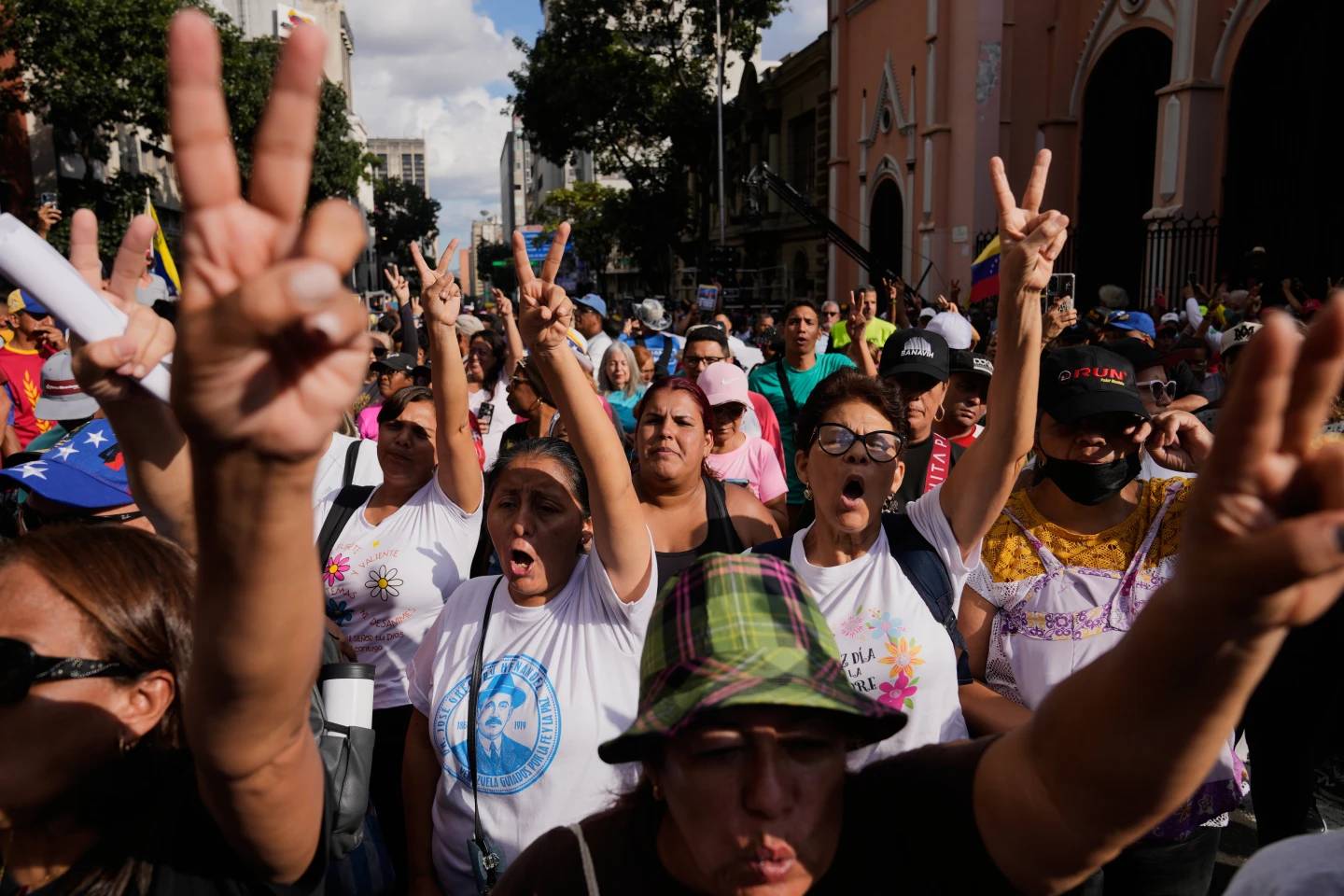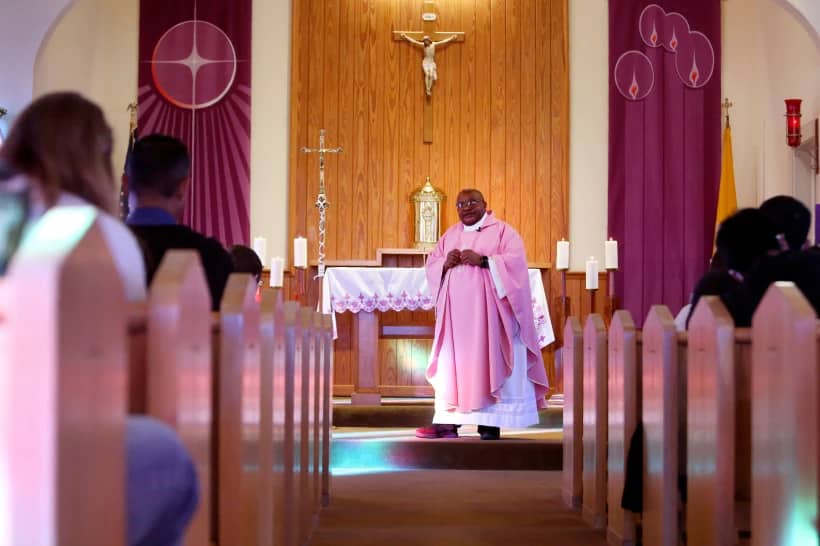MUMBAI, India – In the Diocese of Vasai of India, more than 200 people are expected to be received into the Church through baptism.
The diocese is located in the Greater Mumbai region. Although there are only a little more than 140,000 Catholics in a population of 4 million, Vasai’s Catholic population – at around 3.6 percent – is still larger than the national average, 2.3 percent.
“In Vasai, adult baptisms have become ‘an event’ almost since the inception of the diocese in 1998,” said Archbishop Felix Machado.
“A number of adults in Vasai area and a relatively big number in other taluks [an administrative division in India] of Vasai diocese request the Church to make them committed Christians by receiving the sacrament of baptism,” the archbishop told Crux, noting that the diocese averages about the same number of adult baptisms each year.
The process for becoming Catholic is more strenuous than in many historically Christian countries. The Rite of Christian Initiation for Adults (RCIA) process has been culturally adapted to India, and the preparation for baptism can take three years.
Conversion from one religion to another is usually a very delicate process in the country, especially for Hindu nationalists. Conversion to another religion requires extensive paperwork. For the Catholic Church, adherence to these laws is taken seriously, even if the process is onerous. There are also social consequences, with family, friends, and employers often objecting.
Despite this, Machado told Crux there “is a big number ready to receive the sacrament of baptism every year,” and he personally performs baptisms every Easter Vigil.
“For me, it is a great joy to do this. However, I am extremely careful to see that the right to religious freedom is fully respected. Everyone who intends to receive this sacrament is made minutely aware of this fundamental right, that is the right to religious freedom,” the archbishop explained. “People might be materially poor, but they are scrutinized thoroughly so that this fundamental right might be fully respected. Because, human rights, first of all, tell us about the dignity of each human person who is created in the image and likeness of God. If people come with the wrong motivation or with ignorance, they are not accepted to receive this sacrament.”
There have been many reports in India of Hindu nationalists trying to stop adult baptisms from taking place, but Machado said the Diocese of Vasai has “not had any incident of someone trying to stop from doing this.”
“I explain to people that I will be the last person to in any way force or impose the faith of the Church on any person. I take the injunction of Dignitatis Humanae of the Second Vatican Council very seriously: No coercion either to convert someone against one’s wish; no coercion to prevent someone who wishes to receive baptism,” he said.
Machado said despite the complicated process, people are still wanting to become members of the Church.
“It is amazing how people – educated or otherwise, rich or poor, learned or less learned – are attracted to Jesus. It is a mystery for me. They are ready to go through any amount of sacrifices in order to become a disciple of Jesus,” he said.
The archbishop noted “the invaluable assistance” given by the lay people in the diocese who “zealously work together with the catechumens, accompany them, train them, support them, help them, understand them and remain with them.”
“Many of these are business people, lawyers, teachers, consultors in the corporate world and are very motivated to live as Christians according to the teaching of the Church. I am delighted that the faith has reached this maturity,” he said.
Machado said this doesn’t end after Easter, and the “baptized are not left alone” after their baptism: They are accompanied and supported spiritually and materially.
Again, he said it is the “generosity of the lay people” that make this possible.
“Efforts are made to integrate the neophytes in the local parishes and centers. This is important that the baptized truly become part of the community, organs of the living Body of Christ,” the archbishop said. “This is not always easy, but catechesis is provided and with perseverance we go ahead, trusting that this is all the Lord’s doing.”
